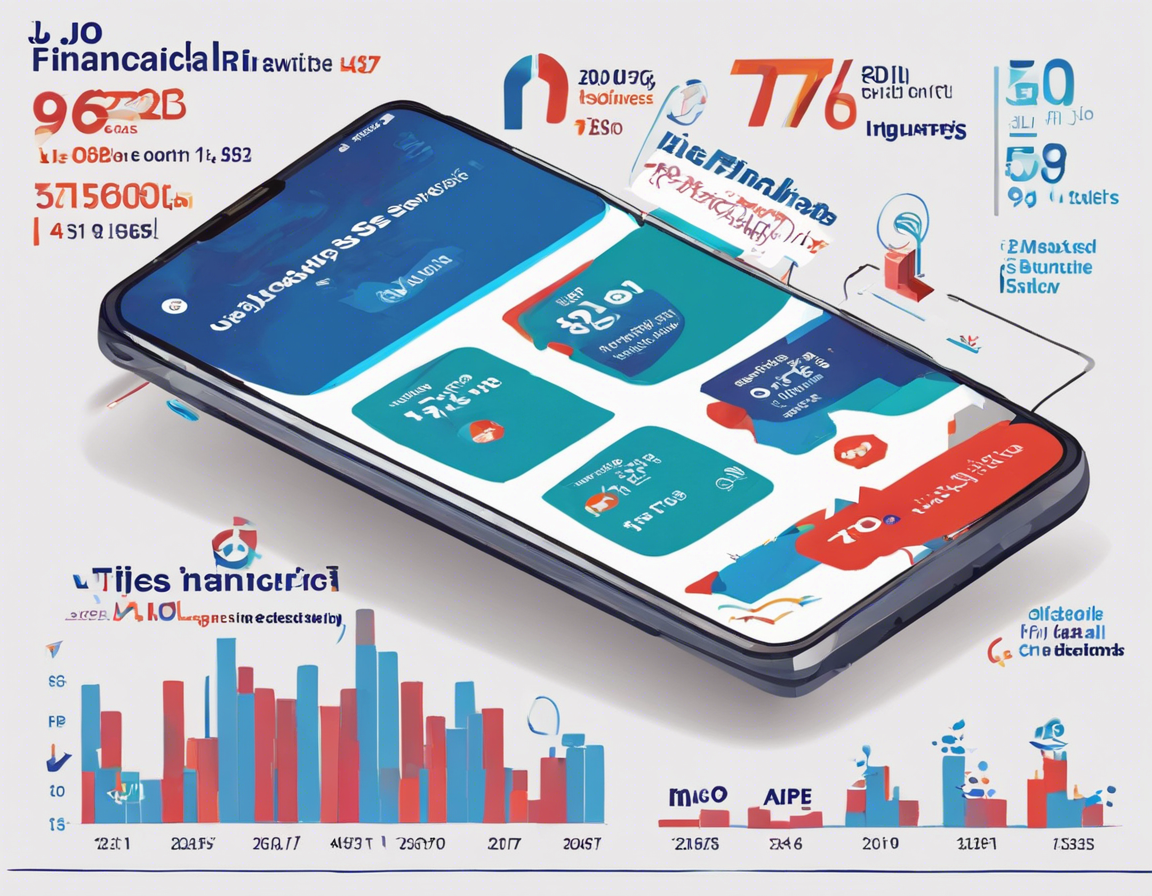The title is too short, it should be more than 10 characters.

Leveraging Emotional Intelligence in the Workplace: Understanding and Applying EI Skills for Success
Emotional Intelligence (EI) has become an increasingly important factor in personal and professional success over the past few decades. The ability to understand and manage our own emotions, as well as those of others, can have a profound impact on our relationships, decision-making, and overall well-being. In the workplace, emotional intelligence is a key attribute that can significantly influence leadership effectiveness, teamwork, and organizational culture. This article will explore the concept of emotional intelligence, its importance in the workplace, and practical strategies for developing and applying EI skills to achieve success in your career.
Understanding Emotional Intelligence
What is Emotional Intelligence?
Emotional Intelligence, often referred to as EI or EQ, is the ability to recognize, understand, and manage our own emotions, as well as the emotions of others. It involves skills such as self-awareness, self-regulation, empathy, and social skills that are critical for effective communication, collaboration, and conflict resolution.
The Components of Emotional Intelligence
- Self-Awareness: The ability to recognize and understand your own emotions, motivations, and strengths and weaknesses.
- Self-Regulation: The capacity to manage and control your emotions, impulses, and reactions in different situations.
- Empathy: The skill of understanding and considering other people’s emotions, feelings, and perspectives.
- Social Skills: The ability to build relationships, communicate effectively, resolve conflicts, and work well in teams.
The Importance of Emotional Intelligence in the Workplace
Emotional intelligence plays a crucial role in various aspects of professional life:
– Leadership: Leaders with high EI are more likely to inspire and motivate their team, handle conflicts effectively, and make sound decisions.
– Teamwork: EI fosters better communication, collaboration, and trust among team members, leading to improved performance and job satisfaction.
– Conflict Resolution: Understanding and managing emotions can help individuals navigate conflicts constructively and find mutually beneficial solutions.
– Customer Service: Employees with high EI are better equipped to understand and meet the needs of customers, resulting in higher satisfaction and loyalty.
– Adaptability: EI enables individuals to remain calm and adaptable in the face of change and challenges, enhancing resilience and problem-solving skills.
Developing Emotional Intelligence
Strategies for Enhancing Your Emotional Intelligence
- Self-Reflection: Take time to reflect on your emotions, triggers, and patterns of behavior to gain self-awareness.
- Emotion Regulation: Practice techniques such as deep breathing, mindfulness, or journaling to manage your emotions effectively.
- Empathy Building: Seek to understand others’ perspectives and emotions through active listening and putting yourself in their shoes.
- Communication Skills: Improve your verbal and nonverbal communication skills to enhance your interactions with others.
- Conflict Management: Learn how to approach conflicts with empathy, assertiveness, and a focus on finding solutions rather than escalating tensions.
Applying Emotional Intelligence in the Workplace
- Leadership: Lead by example, communicate openly, and show empathy and understanding towards your team members.
- Teamwork: Foster a culture of trust, collaboration, and open communication within your team to enhance performance and morale.
- Decision-Making: Consider the emotional impact of your decisions on others and seek input from different perspectives before making choices.
- Feedback and Coaching: Provide constructive feedback with empathy and offer support and guidance to help others improve their EI skills.
- Resilience: Develop a growth mindset, learn from failures, and practice self-care to build resilience in challenging situations.
Frequently Asked Questions (FAQs)
1. Can emotional intelligence be learned and improved?
Yes, emotional intelligence is a skill that can be developed and enhanced through self-awareness, practice, and feedback. By actively working on your EI skills, you can improve your ability to understand and manage emotions effectively.
2. How does emotional intelligence contribute to effective leadership?
Leaders with high emotional intelligence are better equipped to inspire and motivate their team, build strong relationships, handle conflicts, and make informed decisions. EI is essential for effective leadership in today’s complex and dynamic work environments.
3. What are the signs of low emotional intelligence in the workplace?
Signs of low emotional intelligence in the workplace may include difficulty in managing stress and emotions, challenges in communication and relationships, resistance to feedback, and a lack of empathy or self-awareness. These factors can impact team dynamics and overall performance.
4. Can emotional intelligence be measured?
There are various assessments and tools available, such as the Emotional Intelligence Appraisal, the EQ-i 2.0 assessment, or the Mayer-Salovey-Caruso Emotional Intelligence Test (MSCEIT), that measure different aspects of emotional intelligence. These assessments can provide insights into an individual’s EI strengths and areas for development.
5. How can organizations promote emotional intelligence among employees?
Organizations can promote emotional intelligence among employees through training programs, leadership development initiatives, coaching and mentoring, creating a supportive and inclusive work culture, and incorporating EI competencies into performance evaluations and feedback processes.
Emotional intelligence is a valuable asset in the modern workplace, enabling individuals to navigate complex relationships, communicate effectively, and contribute to a positive organizational culture. By understanding the importance of EI and actively developing and applying EI skills, you can enhance your professional relationships, leadership effectiveness, and overall success in your career.





